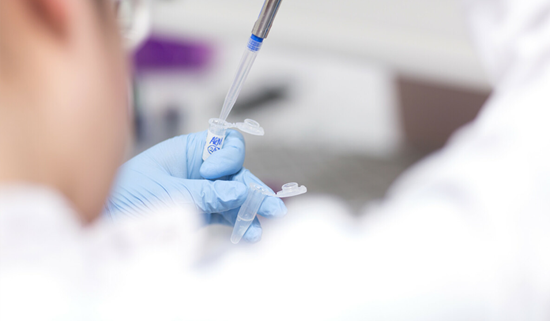About antimicrobial resistance

Antimicrobials, including antibiotics, are medicines used to prevent and treat infections in humans, animals and plants. Their discovery and widespread application – just under 100 years ago – revolutionised healthcare.
As well as treating infections that would previously have led to serious illness or death, they allow safe surgery, protect people whose immune systems are weakened (such as people with cancer or transplant patients) and make childbirth safer. They also support the health and welfare of our pets and livestock.
However, the bacteria and other microbes that cause infection can evolve, changing over time to resist specific antimicrobials. This means that antibiotics and similar medicines stop working against these resistant microbes. This is what is called antimicrobial resistance or AMR. Widespread misuse and overuse of antimicrobials has led to the spread of microbes that are resistant to antimicrobials.
Without action, we are heading for a post-antibiotic era, where a common infection or routine surgical procedure could become life threatening.
A global network to tackle antimicrobial resistance

The Fleming Centre in Paddington will be the first of a global network, aiming to protect populations around the world from the threat of antimicrobial resistance. It will provide state-of-the-art facilities for researchers, clinicians, policymakers and the public to develop new and better approaches to infection prevention and control.
The Centre – and the Initiative – are named in honour of Sir Alexander Fleming, who discovered the first antibiotic, penicillin, in 1928. He was also one of the first to recognise and warn against the risk of AMR – as far back as 1936. His spirit of discovery is at the heart of the Centre’s mission.
Driving solutions with people at the centre
At the Fleming Centre, Imperial College London and Imperial College Healthcare NHS Trust are driving solutions to antimicrobial resistance that are co-designed with patients, the public, and policy makers, underpinned by a rich and diverse evidence base.
We are making behavioural science and public involvement the cornerstones of the radical change that’s needed to influence individual behaviour and policy decisions.
Professor the Lord Darzi of Denham, Executive Chair

